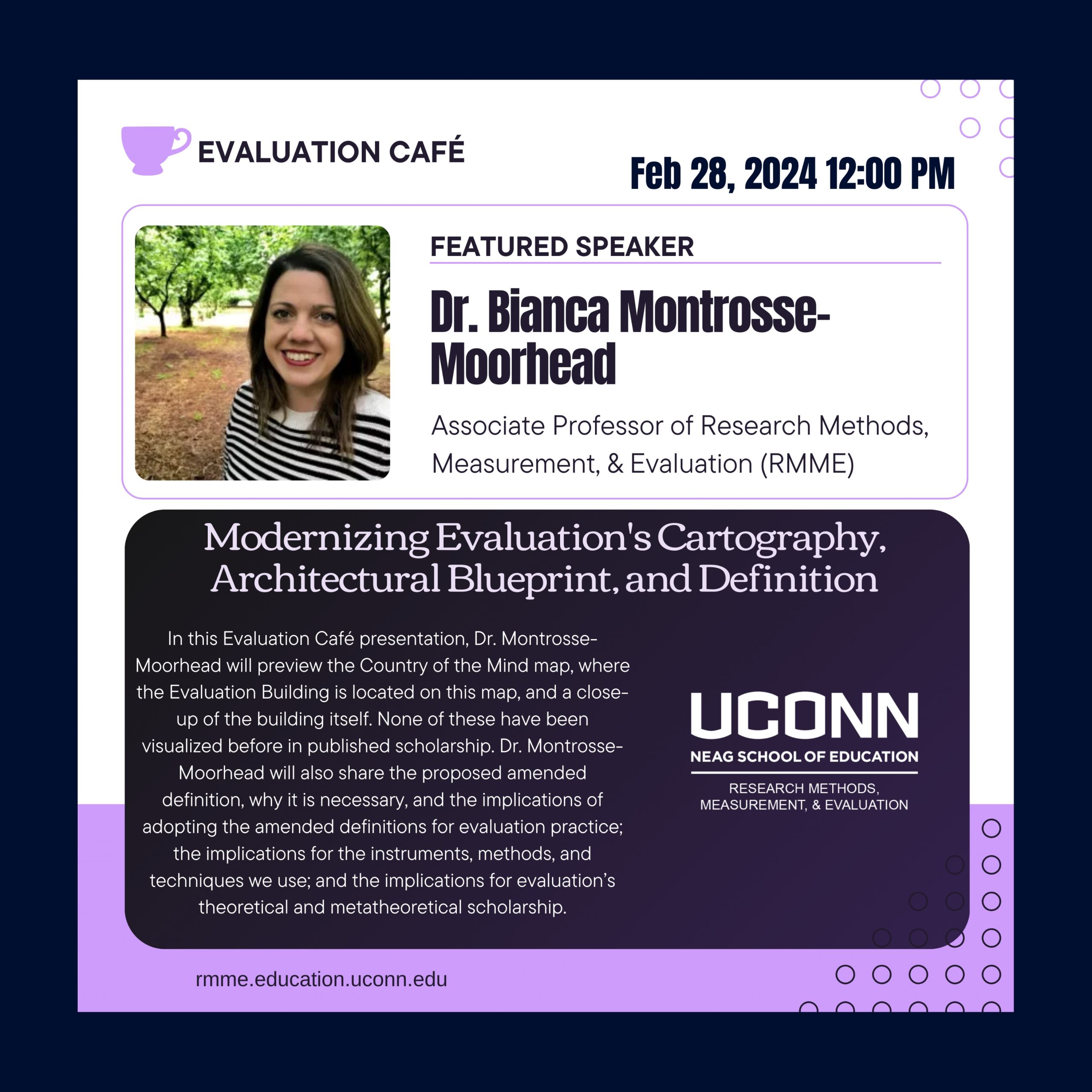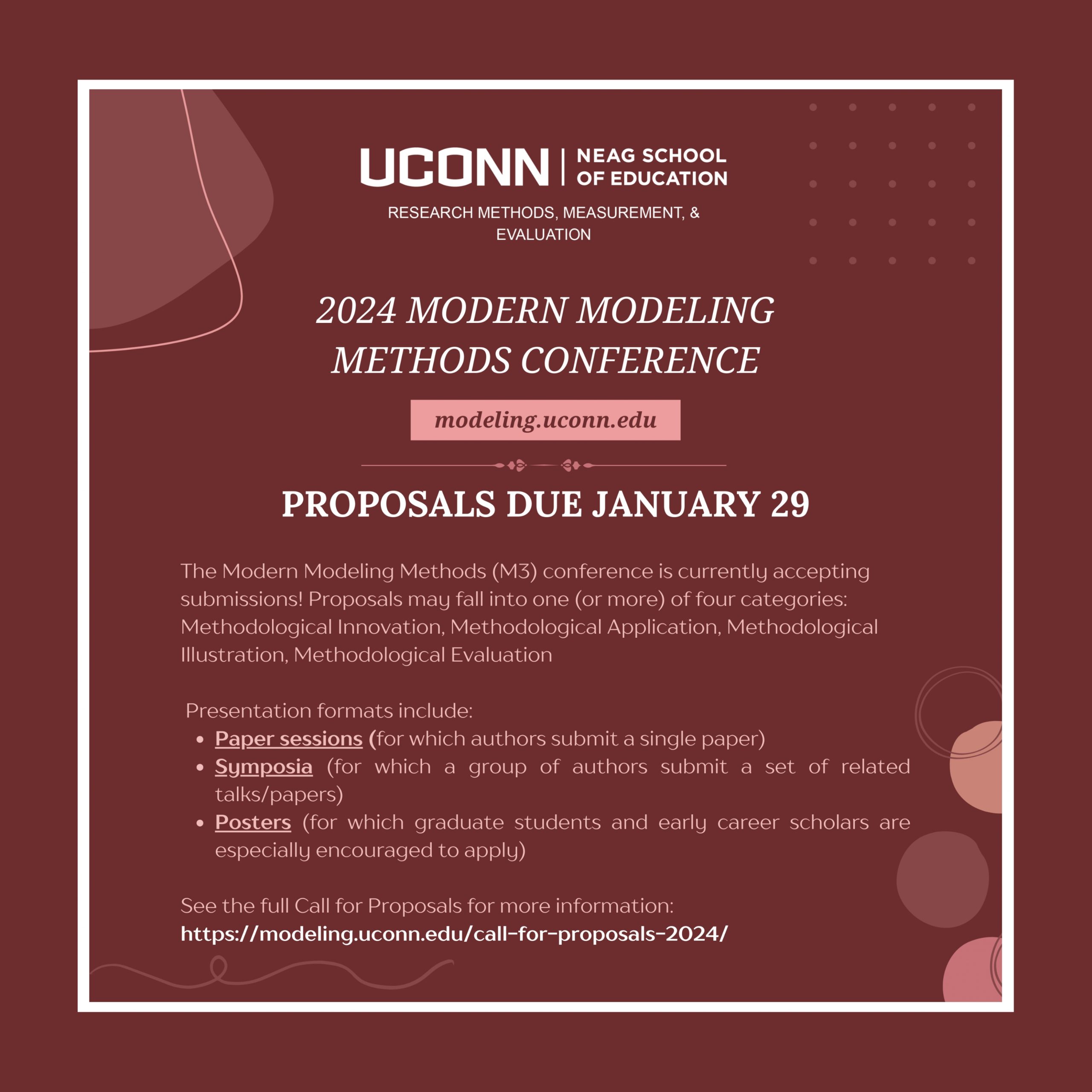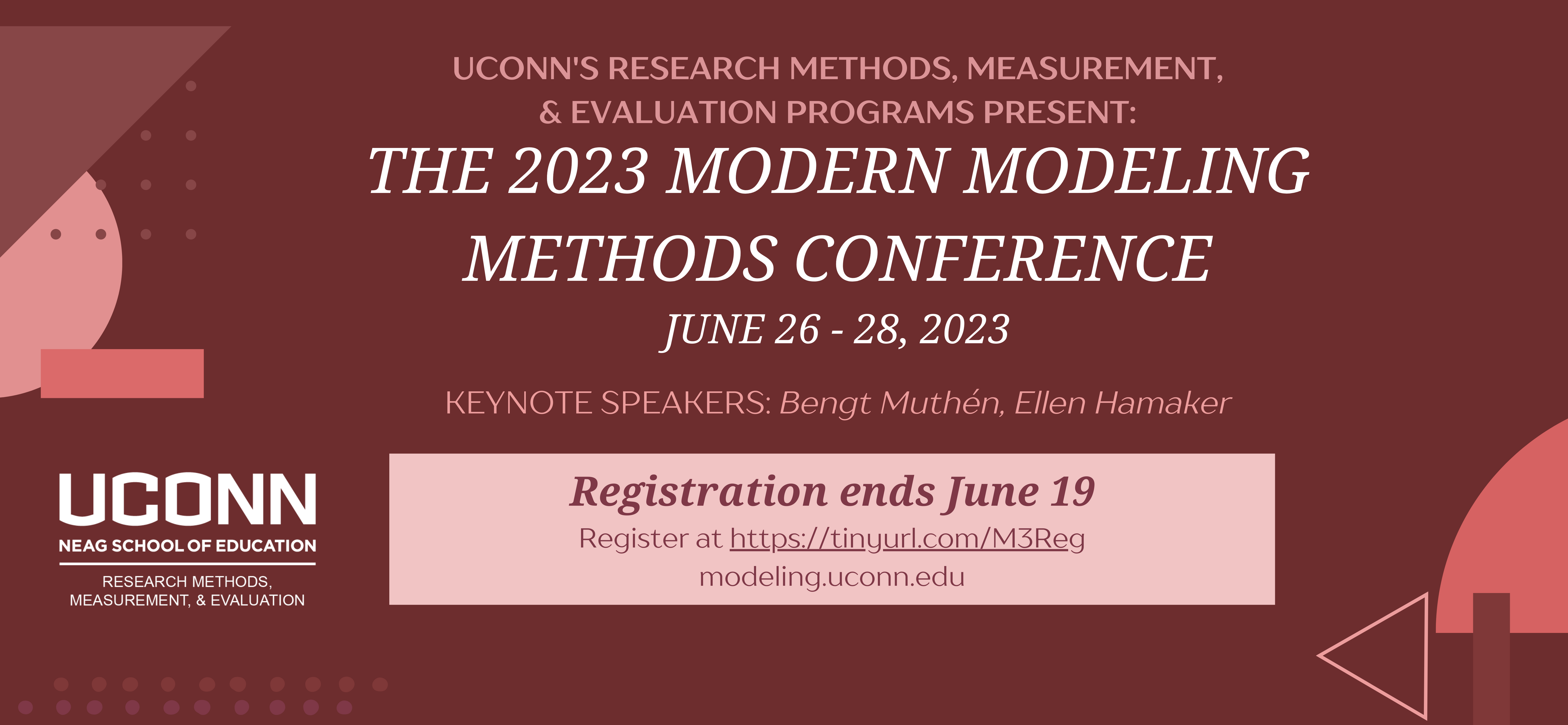RMME/STAT Joint Colloquium
Some New Developments on Pairwise Likelihood Estimation & Testing in Latent Variable Models
Dr. Irini Moustaki
London School of Economics
Friday, December 1, at 11AM ET
https://tinyurl.com/rmme-Moustaki
Pairwise likelihood is a limited-information method used to estimate latent variable models, including factor analyses of categorical data. It avoids evaluating high-dimensional integrals and, thus, is computationally more efficient than full information maximum likelihood. This talk will discuss two new developments in the estimation and testing of latent variable models for binary data under the pairwise likelihood framework. The first development is about estimation and limited information goodness-of-fit test statistics under complex sampling. The performance of the estimation and the proposed test statistics under simple random sampling and unequal probability sampling is evaluated using simulated data. The second development focuses on computational aspects of pairwise likelihood. Despite its computational advantages it can still be demanding for large-scale problems that involve many observed variables. We propose an approximation of the pairwise likelihood estimator, derived from an optimization procedure relying on stochastic gradients. The stochastic gradients are constructed by subsampling the pairwise log-likelihood contributions, for which the subsampling scheme controls the per-iteration computational complexity. The stochastic estimator is shown to be asymptotically equivalent to the pairwise likelihood one. However, finite sample performances can be improved by compounding the sampling variability of the data with the uncertainty introduced by the subsampling scheme. We demonstrate the performance of the proposed method using simulation studies and two real data applications.
